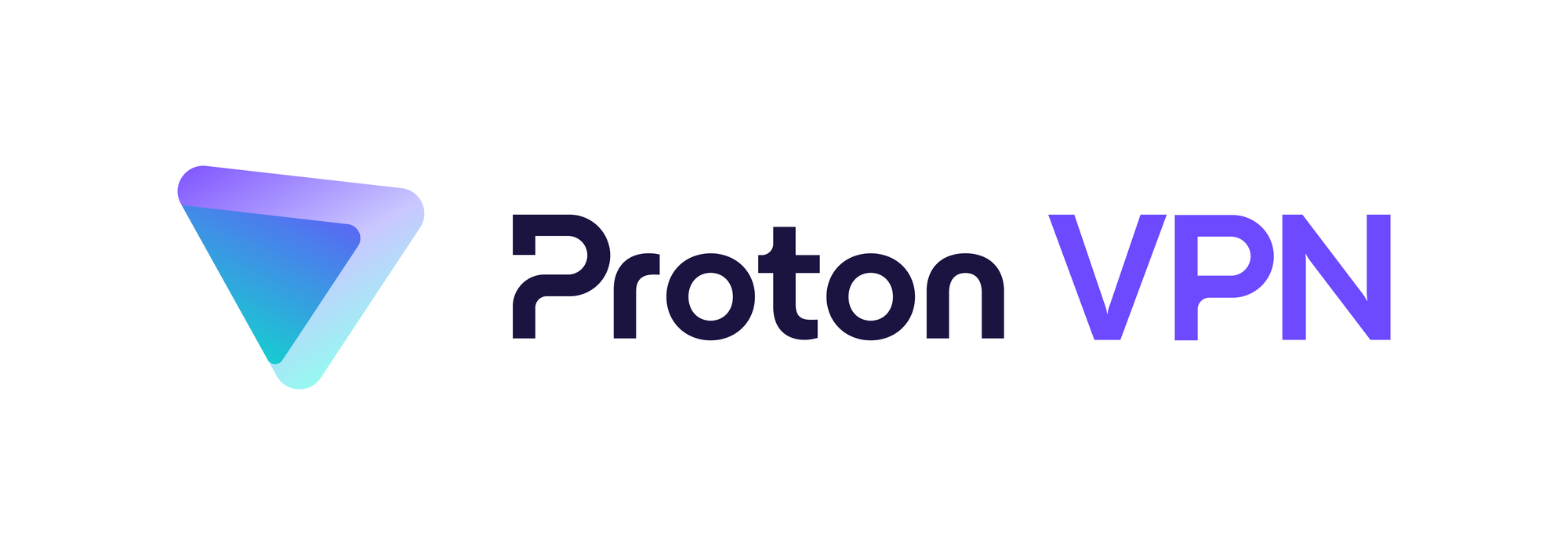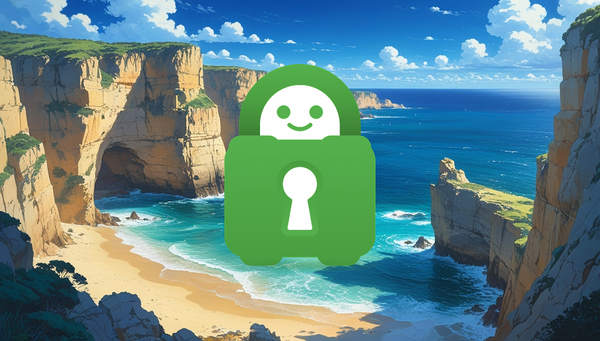Best VPNs for Streaming in Australia 2025

What is a VPN?
A VPN (Virtual Private Network) is a service that helps you access online content by routing your internet traffic through a secure server located in a different region or country. This process masks your real IP address and makes it appear as though you’re browsing from a different location.
Why Use a VPN for Streaming?
Many streaming platforms impose regional restrictions, limiting access to certain TV shows and movies based on your location. By using a VPN, you can bypass these geo-blocks by routing your internet traffic through a server in a country where the content is available. This opens up a wider range of viewing options, giving you access to shows and movies that are typically unavailable in your region.
And the best part? You don’t need to sign up for new accounts. You can keep using your current subscriptions to services like Netflix, Disney+, and Prime Video while enjoying a broader selection of content.
Meet the Contenders
ProtonVPN
ProtonVPN, developed by the team behind the secure email service ProtonMail, is a Swiss-based VPN. While its primary focus is on privacy and security, it also offers excellent features for streaming, including a large selection of servers and fast connection speeds. This makes ProtonVPN a compelling choice for those seeking both robust privacy and seamless streaming.
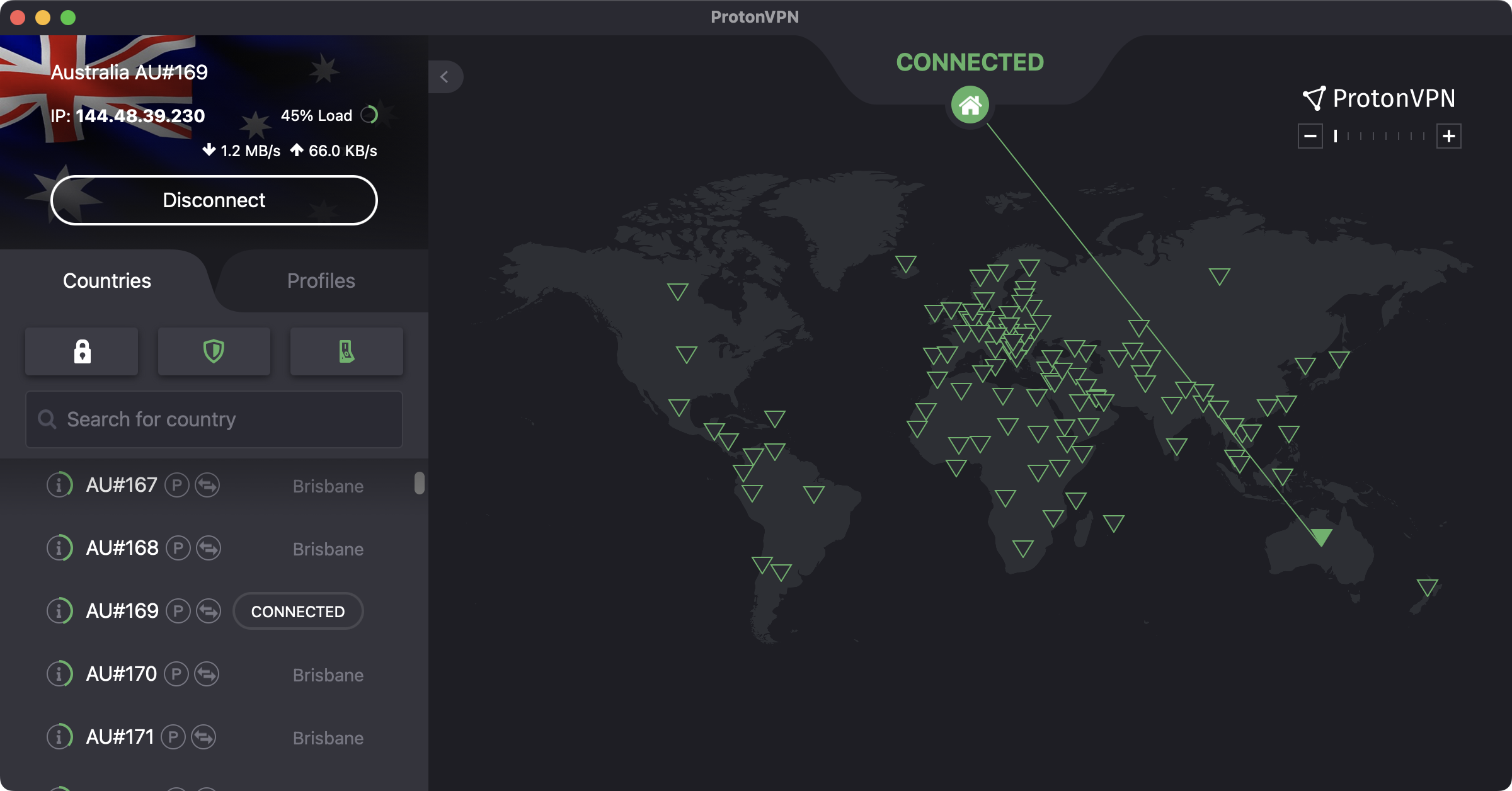
ExpressVPN
Founded in 2008 and headquartered in the British Virgin Islands, ExpressVPN is a prominent player in the VPN market. They offer an extensive server network across 100+ countries, user-friendly apps for various devices, including smart TVs, and high-speed connections that are ideal for seamless streaming.
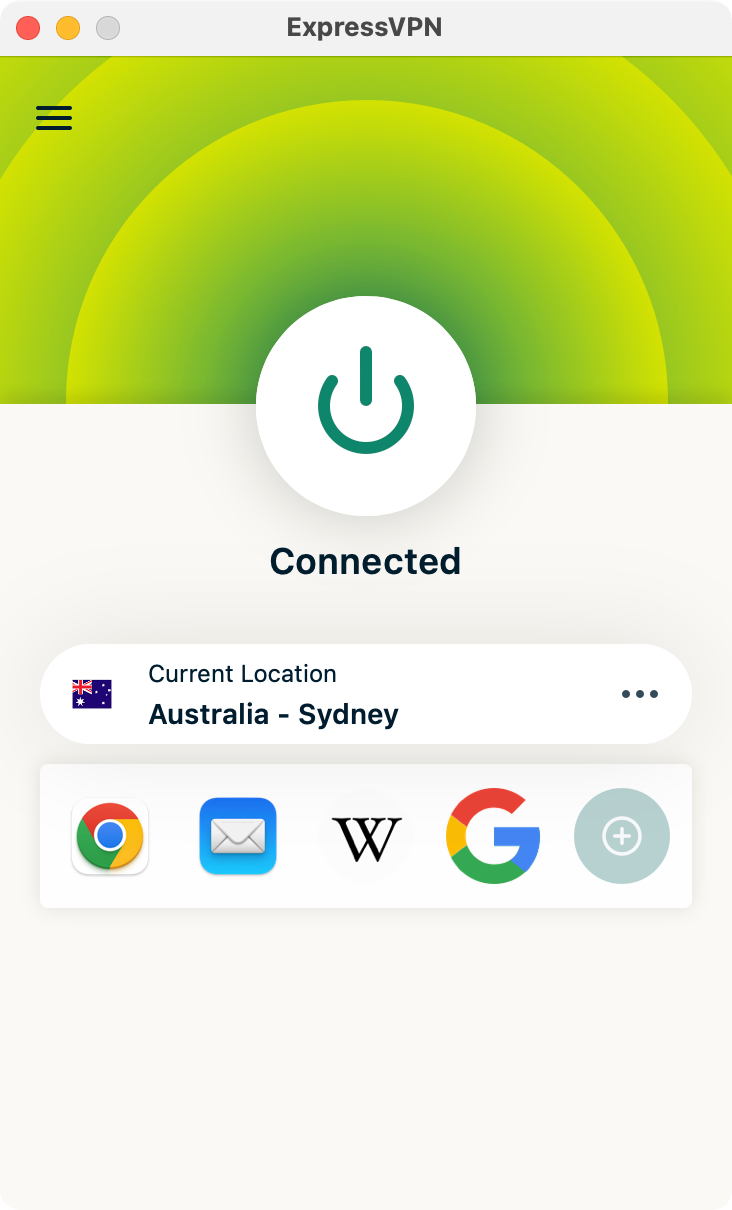
Surfshark VPN
Founded in 2018 and based in the Netherlands, Surfshark VPN is a relatively new but impressive player in the VPN market. One unique feature is its obfuscated servers, which can help mask VPN usage, making it easier to bypass restrictions and access streaming services that block VPN traffic. With fast connection speeds and a wide range of servers, Surfshark makes an excellent choice for streaming.
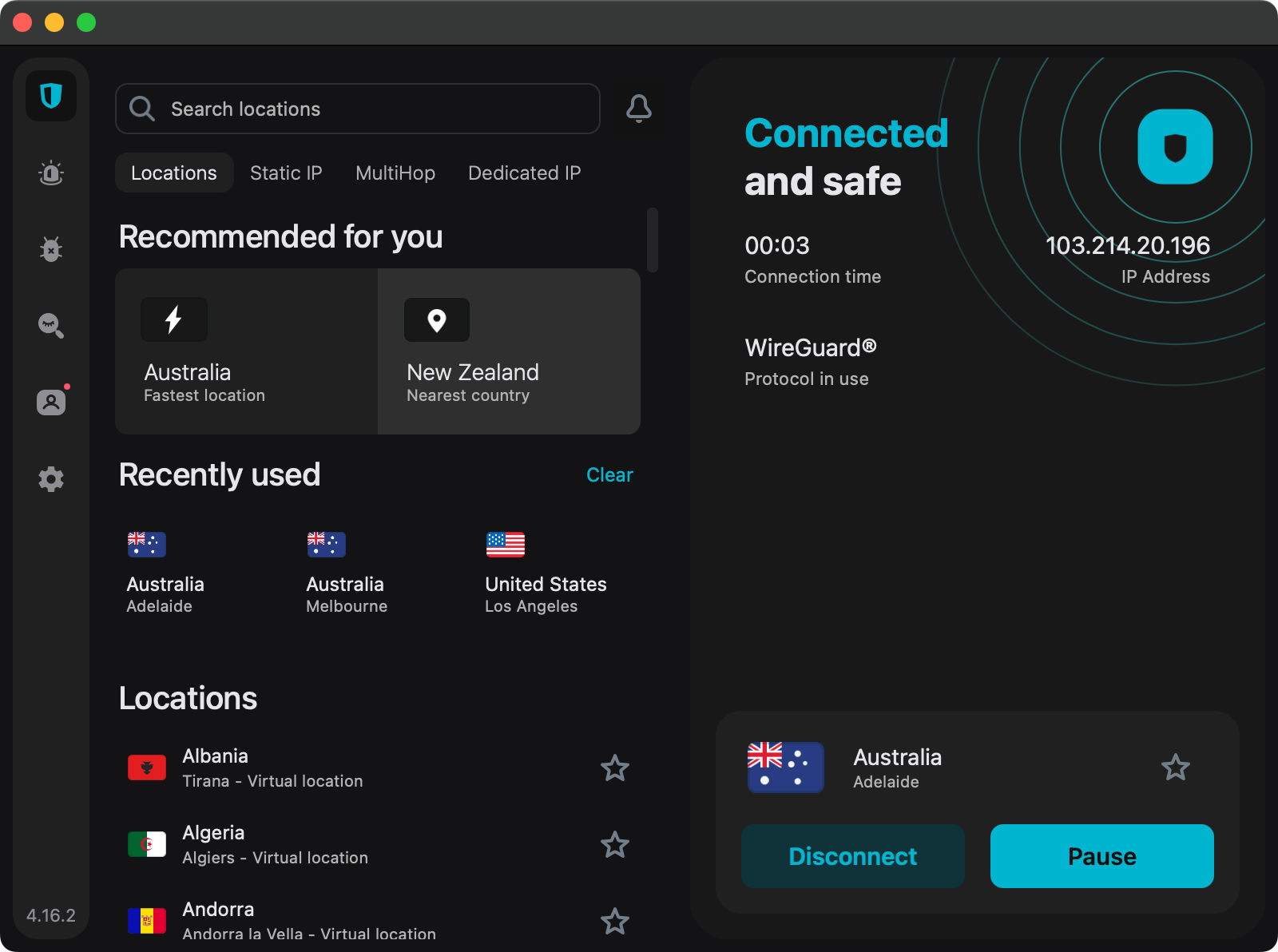
Performance
When it comes to streaming, download speed is crucial to avoid the frustration of constant buffering. For smooth streaming, Netflix recommends a download speed of at least 5 Mbps for full HD (1080p) content and 15 Mbps for 4K streaming. With this in mind, we tested our VPN providers under typical home internet conditions. Our baseline was a 100 Mbps download and 40 Mbps upload speed, and we connected to servers in Australia, the United States, and the United Kingdom, running five speed tests per location and averaging the results.
For local connections, ExpressVPN led the pack with the fastest download speeds when connected to Australian servers. The real differences, however, emerged when connecting to servers abroad. In the United States and the United Kingdom, ProtonVPN stood out with the highest download speeds, outperforming the other VPNs.
When it came to upload speeds, all three VPNs performed similarly, delivering stable and reliable results. There were no significant variations in upload performance across local or international servers.
The main differences emerged in terms of ping times. ProtonVPN experienced noticeably higher ping compared to its competitors, especially when connecting to servers in the United States and the United Kingdom. ExpressVPN had the lowest ping in the United States, while Surfshark delivered the best performance in the United Kingdom.
All three VPN services easily met Netflix’s minimum requirements for 4K streaming, but it's worth noting that the higher ping times on international servers could slightly impact the overall experience. Despite this, each provider offers strong performance for high-quality streaming, making them solid choices for anyone looking to watch content in HD or 4K.
Streaming
When choosing a VPN for streaming, the most important factor is its ability to access various streaming platforms. Many services like Netflix, Prime Video, Disney+, and others are region-locked, meaning they limit the content available based on your location. To bypass these geo-restrictions, a VPN needs to effectively spoof your location, making it appear as if you're in a different country where the content is available.

Streaming platforms actively work to detect and block VPN users, but these blocks are typically temporary. If you encounter a block, simply disabling the VPN will resolve the issue, and it won’t result in account suspension or cancellation. The reason behind these blocks is that streaming platforms often don't have the rights to stream certain content in every country. So, the VPN needs to make you appear in a region where those rights exist, allowing you to access the desired content.
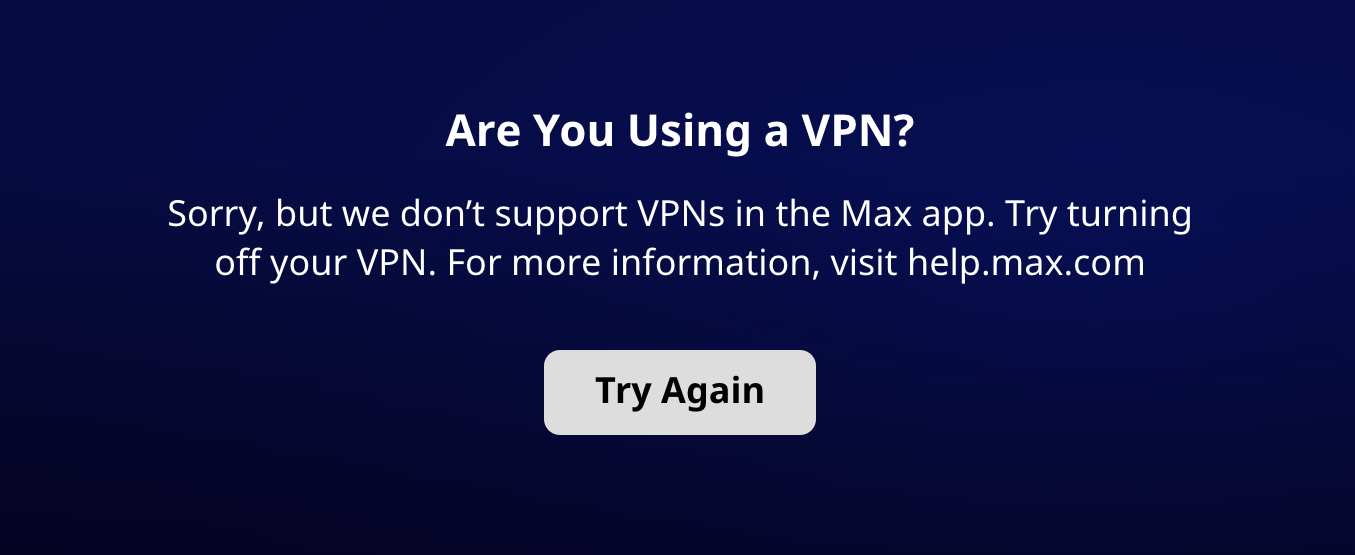
In our testing across three locations, Australia, the United States, and the United Kingdom—we put several leading VPNs to the test on platforms like Netflix, Prime Video, Disney+, HBO Max (US only), and Hulu (US only). ProtonVPN performed well across all services except HBO Max, while ExpressVPN also did well, only failing to access Prime Video in the UK. Surfshark VPN, however, emerged as the top performer, managing to unblock all streaming platforms in every country we tested.
| Streaming Service | VPN Service | Australia | United States | United Kingdom |
|---|---|---|---|---|
| Netflix | ProtonVPN | ✅ | ✅ | ✅ |
| ExpressVPN | ✅ | ✅ | ✅ | |
| Surfshark VPN | ✅ | ✅ | ✅ | |
| Prime Video | ProtonVPN | ✅ | ✅ | ✅ |
| ExpressVPN | ✅ | ✅ | ❌ | |
| Surfshark VPN | ✅ | ✅ | ✅ | |
| Disney+ | ProtonVPN | ✅ | ✅ | ✅ |
| ExpressVPN | ✅ | ✅ | ✅ | |
| Surfshark VPN | ✅ | ✅ | ✅ | |
| HBO Max | ProtonVPN | - | ❌ | - |
| ExpressVPN | - | ✅ | - | |
| Surfshark VPN | - | ✅ | - | |
| Hulu | ProtonVPN | - | ✅ | - |
| ExpressVPN | - | ✅ | - | |
| Surfshark VPN | - | ✅ | - |
It’s important to note that streaming services are constantly working on ways to block VPNs, so results can change over time.
Compatibility
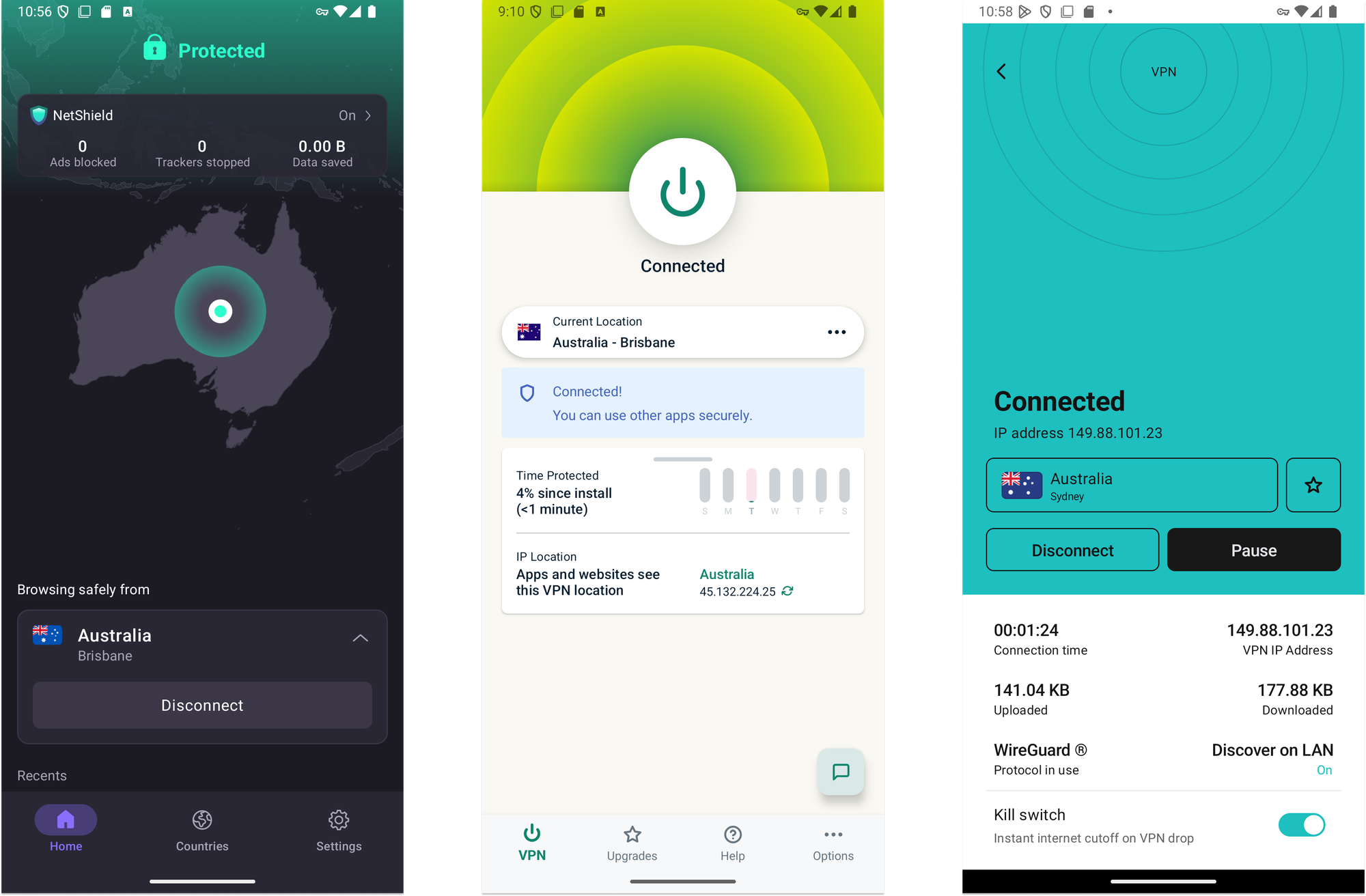
When it comes to streaming in Australia, having a VPN that works across various devices is crucial. ProtonVPN, ExpressVPN, and Surfshark all perform well in this area, providing apps for a wide range of platforms, including smartphones, laptops, and smart TVs.
Each of these VPNs offers key features like connect to the fastest server, a killswitch to block network traffic in case of a sudden VPN disconnection and ad blocking via DNS. While the DNS ad blockers can help reduce some interruptions, it’s worth noting that they won’t fully replace browser-based ad blockers. However, for devices that don’t support browser extensions, these DNS ad blockers can still be quite handy.
In terms of device support, ExpressVPN and Surfshark are the most versatile, offering apps for all the devices tested, including smart TVs. ProtonVPN, on the other hand, does not support Apple TV, which may be a downside if that’s your primary streaming device.
If you're looking to set up your VPN on a router to secure all your network traffic, ProtonVPN and Surfshark both offer configuration files for OpenVPN and WireGuard protocols. This is a great option if you want to cover multiple devices at once. ExpressVPN, however, only provides OpenVPN configuration files since its custom protocol, Lightway, doesn’t work with third-party clients.
ProtonVPN stands out as the only service among the three to offer open-source apps, which adds a layer of transparency. It would be great to see ExpressVPN and Surfshark follow suit by releasing open-source apps in the future.
| Device Type | ProtonVPN | ExpressVPN | Surfshark VPN |
|---|---|---|---|
| iOS | ✅ | ✅ | ✅ |
| Android | ✅ | ✅ | ✅ |
| MacOS | ✅ | ✅ | ✅ |
| Windows | ✅ | ✅ | ✅ |
| Linux | ✅ | ✅ | ✅ |
| ChromeOS | ✅ | ✅ | ✅ |
| Android TV | ✅ | ✅ | ✅ |
| Apple TV | ❌ | ✅ | ✅ |
| Amazon Fire Stick | ✅ | ✅ | ✅ |
| Chrome | ✅ | ✅ | ✅ |
| Firefox | ✅ | ✅ | ✅ |
Security and Privacy
While security and privacy might not be the first thing on your mind when choosing a VPN for streaming, it's still an important factor to consider. Fortunately, ProtonVPN, ExpressVPN, and Surfshark all have strict no-logs policies in place, meaning they do not collect or store sensitive user data such as IP addresses, connection dates, durations, the amount of data transferred, or the servers used during your sessions.
What’s more, each of these providers has had their no-logs policies independently audited by third-party security firms. These audits ensure that their claims of not tracking or logging user activity are legitimate, offering an added layer of transparency and trust.
Pricing
When choosing a VPN for streaming, price plays a significant role. VPN providers typically offer several plans: monthly, yearly, and two-yearly. Opting for longer-term plans generally results in better overall savings, making them the go-to choice for cost-conscious streamers.
| ProtonVPN | ExpressVPN | Surfshark | |
|---|---|---|---|
| Monthly | $9.99 🏅 | $12.95 | $15.45 |
| One Year | $59.88 | $80.01 | $38.28 🏅 |
| Two Years | $107.76 | $119.76 | $52.56 🏅 |
ProtonVPN has the cheapest monthly plan among the three at $9.99 per month, which makes it a solid choice for those who need a short-term commitment. However, if you’re looking for better value in the long run, Surfshark stands out with its excellent yearly and two-year plans. Their yearly plan costs just $3.19 per month, and their two-year plan comes in even cheaper at $2.19 per month, offering substantial savings for long-term users. ExpressVPN has a reasonably priced monthly plan, its yearly and two-year plans are priced higher than both ProtonVPN and Surfshark.
One thing to keep in mind is that all three VPNs come with a 30-day money-back guarantee. So, if you're not satisfied with their speeds or ability to access your preferred streaming platforms, you can easily get a refund, minimizing any risk when testing them out.
You might be wondering why you shouldn’t just use a free VPN, as they can seem appealing. While free VPNs don’t cost anything, they come with privacy risks, as many track your online activity and sell your data to third parties for profit. Free services also tend to have bandwidth caps and speed restrictions, which can make streaming a frustrating experience.
Conclusion
Best for Performance: ProtonVPN
ProtonVPN delivers the best performance among all the VPNs tested, making it the ideal choice for those who prioritise speed, especially when streaming 4K content. Its fast speeds also make it a great option for regular browsing. Overall, ProtonVPN is the best choice for users looking for top-tier performance.
Best for Streaming: ExpressVPN or Surfshark
ExpressVPN and Surfshark stand out as the best options for accessing a wide range of streaming platforms. Both VPNs successfully unblocked all streaming services tested across multiple locations, making them ideal choices for users looking to enjoy unrestricted access to various streaming platforms.
Best for Value: Surfshark
For budget-conscious users looking for a VPN to stream content, Surfshark stands out as the best option. With the lowest prices for both yearly and two-year plans, it provides excellent value for money. If you're aiming to enjoy streaming without breaking the bank, Surfshark is undoubtedly the top choice.


